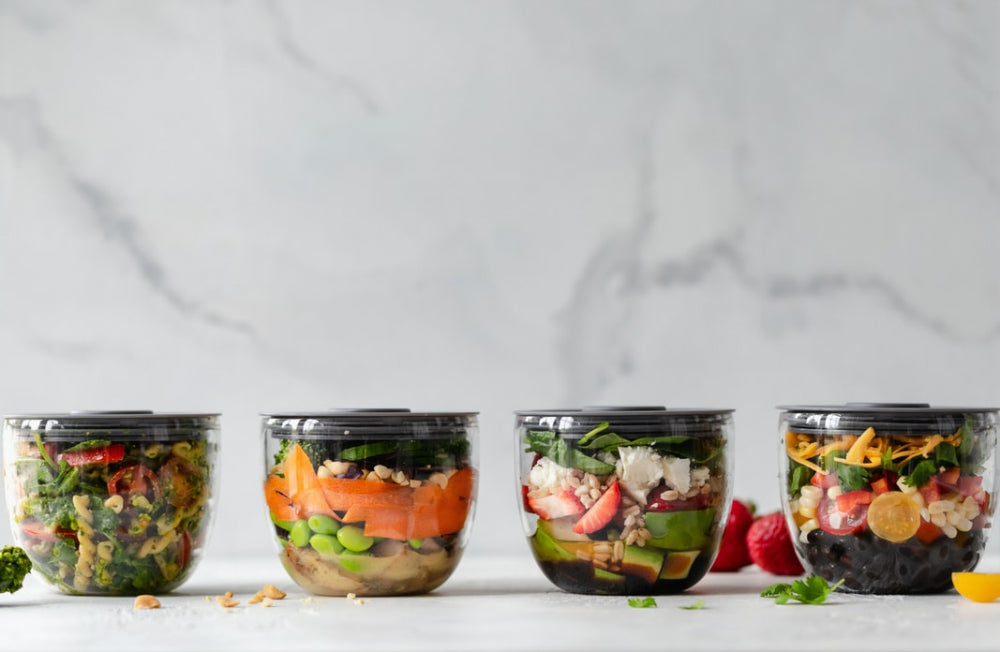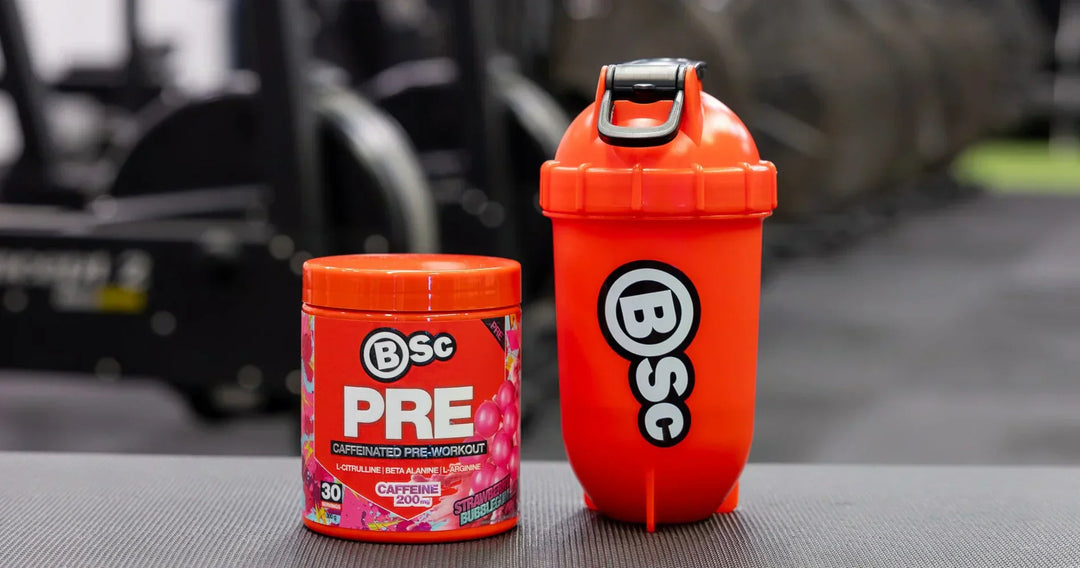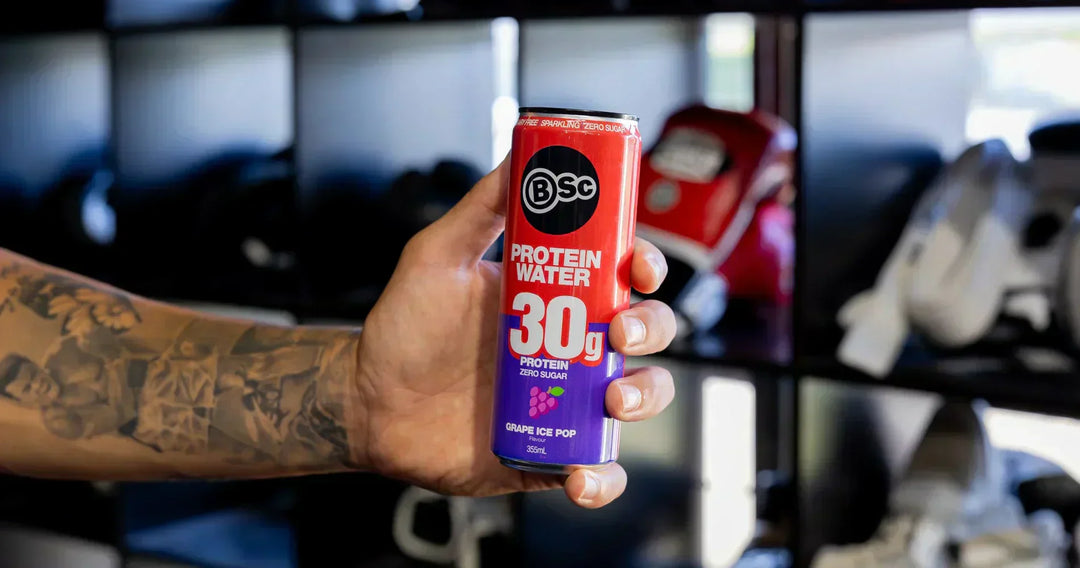The stress of working late at night and returning home to attend to tasking kitchen needs can be somewhat tiring. Food lovers are always enthusiastic about trying new food recipes but they become bored with the energy and time it demands, especially when it is prepared fresh. On the alternative, some people prefer to consume more “packaged” and “takeaway” foods that are time convenient as it gives them more time to engage in other activities.
However, the latter has its unique health challenges owing to the high-calorie budget it presents. Health is a very important factor to consider when it comes to dieting. Due to this obvious, meal prepping has become an indispensable idea. I know you might be wondering, “Meal prepping?” Yes!! Some people seem to brush aside the idea of meal prepping, primarily because they lack knowledge of its ability to afford them the luxury of saving time, saving money and making good nutritional choices. Meal prepping is all about making sure that you have all the stuff that you need in the fridge and the pantry, ready to go for the rest of the week. Meal prepping as it seems may not be a waste of time, after all, seeing the many benefits it offers.
When we make food at home we get to consume more in volume because there are fewer calories in unprocessed foods as opposed to the “convenience foods” we buy at the Fast Food stores. If we are interested in saving money and making good nutritional choices, then meal prepping should not be waved aside. At this point, I know you may be asking, “How do I go about this?”
It’s simple and easy to practice especially if you have seen the benefits. Meal prepping can take a long process for some people or it can be a short process depending on the results you want. In this piece, I will be taking you on 3 ways to do your meal prep. Of course, I’m sure some of my readers may even have their unique methods of meal prepping that they would also love to share. Your ideas and methods are most welcome. I have seen people who do one-week meal prep. I’ve also seen some people who do two weeks at a time. Some other people take it to the extreme by doing a one-month meal prep which is fantastic. I think the most important thing is to do what works for you. The first method I will share is how to go about meal prepping for a week. This method affords convenience in output as you can simply walk to your fridge, grab an already prepared meal and set off. For this method to work, you will need to plan out a bit of time in your week, probably around 3 hours.
For people who have realised the benefit of food prepping, they would prefer to miss a gym session than not have food prepped in their fridge. To be consistent and focused in making this method work, you can combine the task of food prepping with the fun of social media so you don't get bored along the way; getting in and getting out as soon as possible will make meal prep a whole lot easier.
In mapping out this method, you will need to compose a shopping list that has two or three recipes for lunches and two or three recipes also for dinners. Prepping 7 meals for a week may be ideal for some people and may not be necessary for others depending on what they do on weekends. The most popular is the 5-day meal prepping that covers the conventional workdays. You can plan the 5-day meal prep with subs of 5 so you can split them up into 5 different portions having two lunch options and two dinner options. This plan will make you shop for the right and necessary things. While shopping, make sure to get the necessary herbs and spices and also take away containers. Of course, you will be cooking the recipes in bulk and then portioning them out in the takeaway containers. You will portion for 5 take away containers for lunches and 5 takeaway containers for dinners. In a case where there is more than one person involved, then you multiply the number of persons by the 5 containers for Lunch and Dinner.
The next question in this method normally is, “How do I keep it fresh?” This is important because ideally, after 3 days we should be disposing food from off the fridge (depending on the kind of food though); especially for high-risk foods such as Rice and Salad that does not require long preservation. In considering this, you should make sure that the recipes are ones that you can be able to freeze. Understanding food safety is very important so you can make the right choices. For instance, during the winter, you might go for stews, casseroles and cooked meats. It’s advisable to take three days worth of food i.e. food that can stay fresh for 3 days; this might be a couple of lunches, and a couple of dinners and make sure to have them fresh in the fridge. You will be taking the rest and freezing them for the second part of the week.
For Salad lovers like me! You can probably get items for Salad that will last for 3 days and then get the rest for the remaining days after the 3 days to ensure that you eat fresh Salad. Salad is high in moisture content and therefore does not freeze well as required. The question is what do I freeze? and what do I keep fresh? should be considered when planning. This method of meal prepping will help you get rid of a lot of guesswork regarding your dietary need for the week. Don’t forget to include snack options in your plan. The second method that I would love to share is the one that involves using leftovers from dinner. This one is a very simple method but you will need to plan out your menu and be sure of the recipe that goes from Monday to Friday. It’s all about knowing what you are having for dinner, going shopping for the week or every few days to make sure that the food is there, and then you are ready to go.
The concept entails doubling the recipe. For instance, when cooking for 2 people you will increase the quantity to that of 4 people or when cooking for 3 people you increase the quantity to that of 6 people. So, when it comes to dinner time, you’re cooking the meal fresh. This practice helps to save time when you plan. This method may not go down well for some people who have a fancy for variety and would prefer to be changing recipes every mealtime as the days go by. However, if you are the type that prefers having a different dinner every day, you can cope with having the same thing for lunch which will afford you the luxury of eating more fresh food and reduce the stress of freezing food for a long time.
The key to this method is packaging up the leftovers immediately because portions can blow out and you may consume more calories than required when you start picking at the food. The third and final method that I will share on this piece is my favourite which I use at the moment. I have tried the full meal prep but found out that this last method works for me. I choose to call it a “semi-prepped fridge”. It entails having all the different components of a meal separately in the fridge, in separate take away containers.
You can, for instance, open the fridge, pull out a few take away containers and prepare something new and tasty. How do I kick start this method? You may ask. First of all, you will need to choose two or three different foods that are in the various nutritional classes. You can make your protein source to comprise of a chicken, a fish, and some boiled eggs. You can chop them up, put them in separate containers, and let them cool before putting them in the fridge. Refrigerating protein-rich foods make them sorted. Your carbohydrate sources may comprise foods like brown rice, grain bread, and maybe pasta in case you want to do sandwiches. Package these carbohydrate sources into different containers and pop them in the fridge.
Your fat sources may comprise of things like avocado (but make sure not to cut it up in advance as it stays fresher when it's in its skin). You may make a few dressings up in a jar comprising of things like Mustard, Lemon Juice, Olive Oil, and maybe a bit of vinegar. Shake it all up and have it ready to go as your fat source in the fridge. Nuts and seeds can also be added as part of our fat sources because they are great at adding healthy fat to keep fuller for longer and they give that crunch factor as well. Finally, you need to ensure that you’ve got some salad base or roasted vegetables to add colour and to make sure that you have at least half a plate of vegetables at each lunch and dinner time.
So, you can probably buy a few bags of the pre-prepared salad and have them in a crisp bar. You will then chop up some red onions, sweet potato, capsicum, and have them roasted. Furthermore, you will choose your other Salad base like the fresh capsicums, spring onions, red onions, and have them chopped up and ready to go. Thus your Salad base becomes semi-prepped also. This third method of meal prepping as stated in this piece reduces the stress that one may need to go through at night after working for hours during the day.
Some circumstances may arise after a stressful workday which will not allow for stressful kitchen time. So, this semi-prepped choice is about having most of it done but giving you that little bit of extra lay-away, having a little bit of creative flair, and having food that’s ready to go. Like I said earlier in this piece, the best method of food prepping is the one that works for you.
You may not necessarily do the traditional full out food prep if you prefer not to, adopt a method that is right for you, and run with it. Meal prepping is about saving time and saving money. But at the same time, what we are doing is we’re improving our energy levels throughout the day and we are also saving ourselves from the temptation of food that comes in when we are not prepared.




